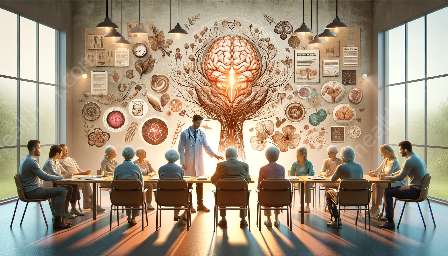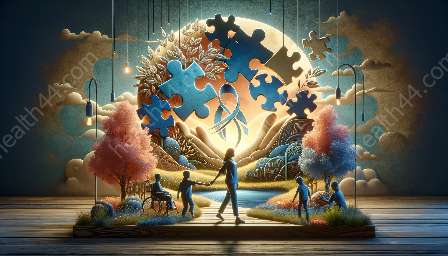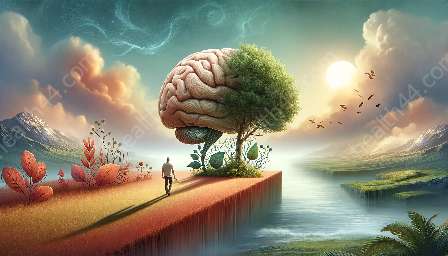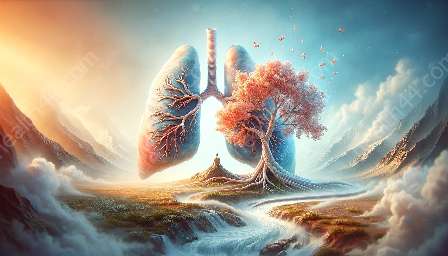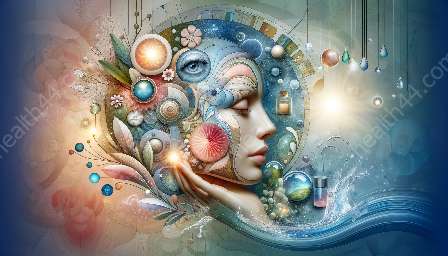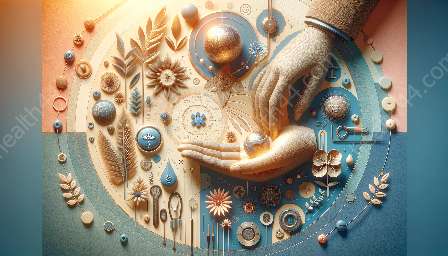Today, we'll delve into the world of kidney disease, exploring its causes, symptoms, diagnosis, and treatment. Kidney disease is a serious health condition that affects millions of people worldwide. By understanding this condition, we can take proactive steps to manage and prevent kidney disease for better overall health.
What is Kidney Disease?
Kidney disease, also known as renal disease, refers to a condition where the kidneys are damaged and cannot function properly. The kidneys play a crucial role in filtering waste and excess fluids from the blood, regulating blood pressure, and producing hormones that are vital for overall health.
Causes of Kidney Disease
Kidney disease can be caused by a variety of factors, including:
- Diabetes: Uncontrolled diabetes can damage the small blood vessels in the kidneys, affecting their ability to filter waste.
- High Blood Pressure: Chronic high blood pressure can put strain on the kidneys, leading to damage over time.
- Family History: Some forms of kidney disease are inherited and can run in families.
- Smoking: Smoking can damage blood vessels and worsen existing kidney problems.
- Age: The risk of kidney disease increases with age, especially after the age of 60.
Symptoms of Kidney Disease
Early stages of kidney disease may not present noticeable symptoms. As the disease progresses, symptoms may include:
- Fatigue and Weakness
- Swelling in the Legs, Ankles, or Feet
- Persistent Itching
- Shortness of Breath
- High Blood Pressure
- Nausea and Vomiting
Diagnosing Kidney Disease
Diagnosis often involves blood and urine tests to check for elevated levels of waste products and proteins. Imaging tests such as ultrasound, CT scans, or MRI may also be used to assess kidney structure and function. A kidney biopsy may be performed in some cases to make a definitive diagnosis.
Treatment Options
Treatment for kidney disease depends on the underlying cause and the stage of the disease. Options may include:
- Medication: Medications to control blood pressure, lower cholesterol, or manage other contributing factors may be prescribed.
- Dietary Changes: A diet low in salt, potassium, and phosphorus may be recommended to reduce the workload on the kidneys.
- Dialysis: This procedure uses a machine to filter waste from the blood when the kidneys are no longer able to do so adequately.
- Kidney Transplant: For those with end-stage kidney disease, a kidney transplant may be considered as a long-term treatment option.
Managing and Preventing Kidney Disease
There are steps individuals can take to manage and prevent kidney disease. These include:
- Control Blood Sugar and Blood Pressure: Managing diabetes and maintaining healthy blood pressure levels can reduce the risk of kidney damage.
- Healthy Lifestyle Choices: Eating a balanced diet, exercising regularly, and avoiding smoking can contribute to overall kidney health.
- Regular Check-ups: Routine check-ups with a healthcare provider can help monitor kidney function and detect any potential issues early.
- Stay Hydrated: Drinking an adequate amount of water helps the kidneys in their function of filtering waste products from the blood.
- Limit Use of Medications: Overuse of certain over-the-counter drugs or prescription medications can put strain on the kidneys. Always follow the recommended dosage and instructions.
By understanding kidney disease, its causes, symptoms, diagnosis, and treatment options, individuals can take proactive steps to care for their kidney health and improve their overall well-being. It's important to stay informed about kidney disease and work with healthcare professionals to manage and prevent this condition.





















